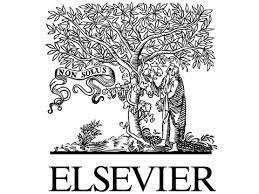Historical to Contemporary Urban Services in Narnaul City (1991–2022): A Spatial and Statistical Analysis Priyanka Yadav Dr. Salahuddin Mohd Urban services play a crucial role in determining the quality of life and sustainability of cities. Narnaul, a h
DOI:
https://doi.org/10.3390/p7e8af14Abstract
Urban services play a crucial role in determining the quality of life and sustainability of cities. Narnaul, a historic city in Haryana, has witnessed significant demographic and spatial changes since 1991. This paper analyzes the evolution of urban services in Narnaul from 1991 to 2022, combining secondary data with field-based household surveys. The study highlights disparities between the old core city, intermediate zones, and newly developed extensions. Services such as water supply, sanitation, drainage, solid waste management, health, housing, and transportation are examined through statistical comparisons and ward-level observations. Findings reveal that while new colonies enjoy better-planned infrastructure, service delivery remains irregular. Conversely, old wards face infrastructural stress and overcrowding, reflecting inadequate modernization. The analysis emphasizes the need for integrated and participatory urban planning to address spatial inequalities in service delivery.









